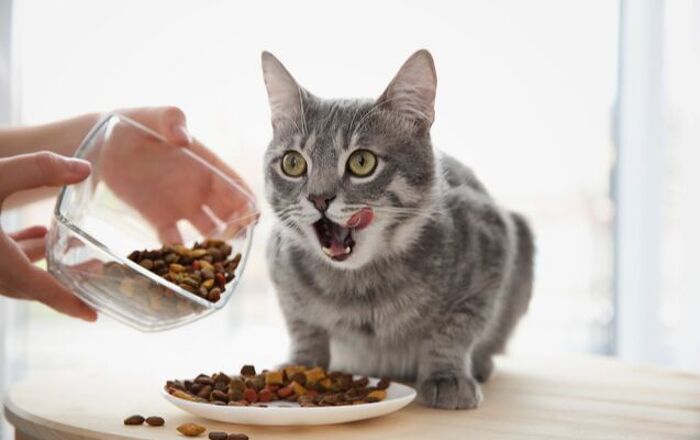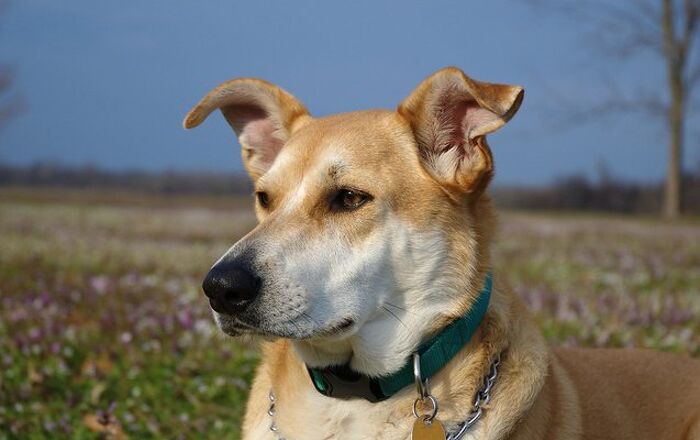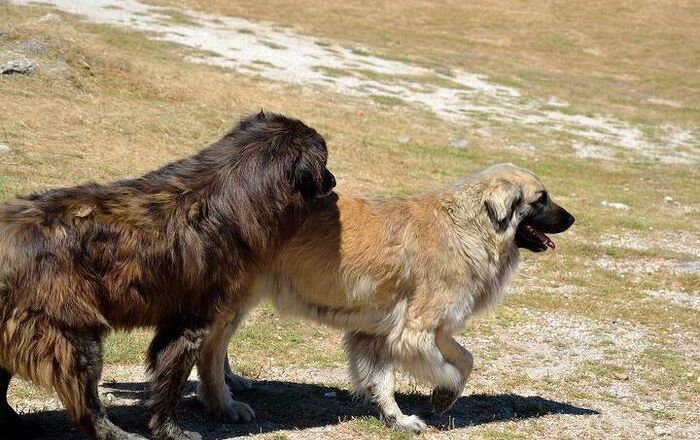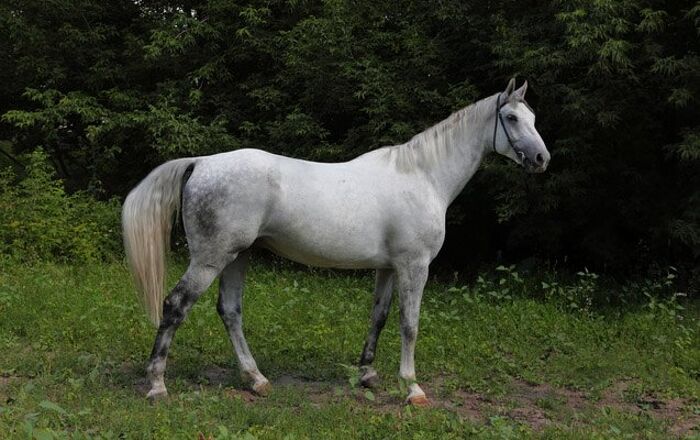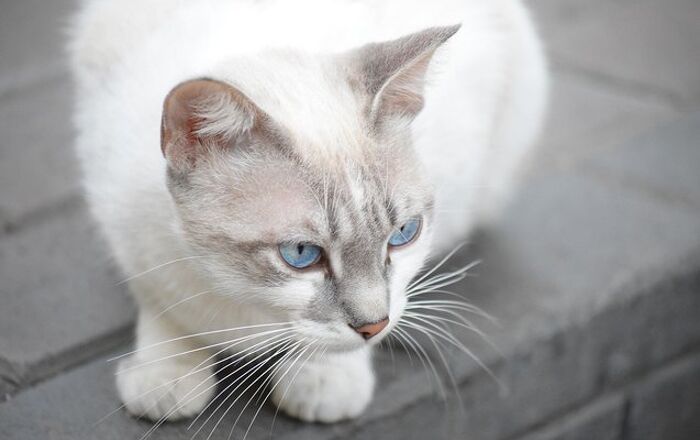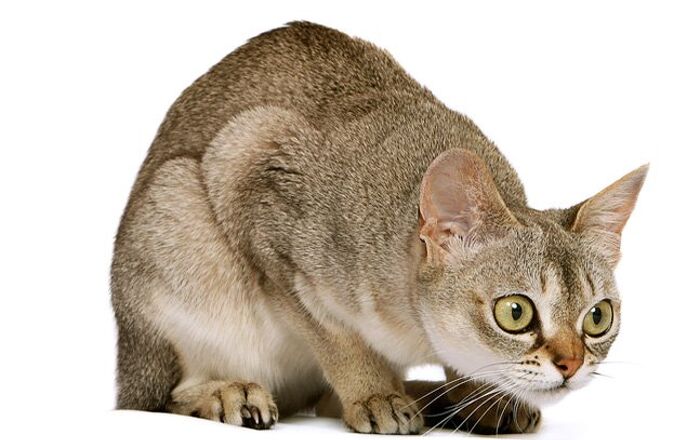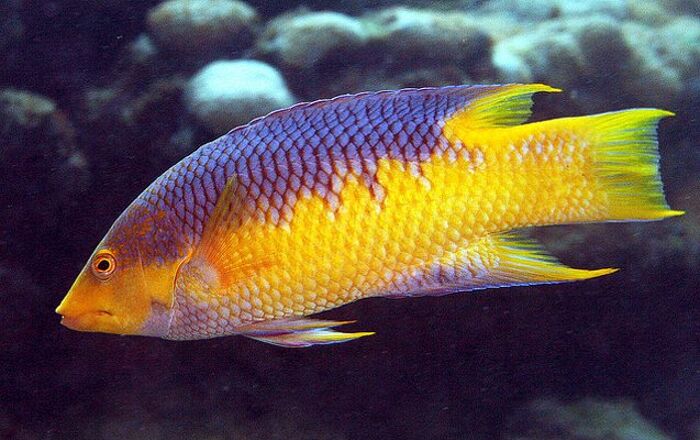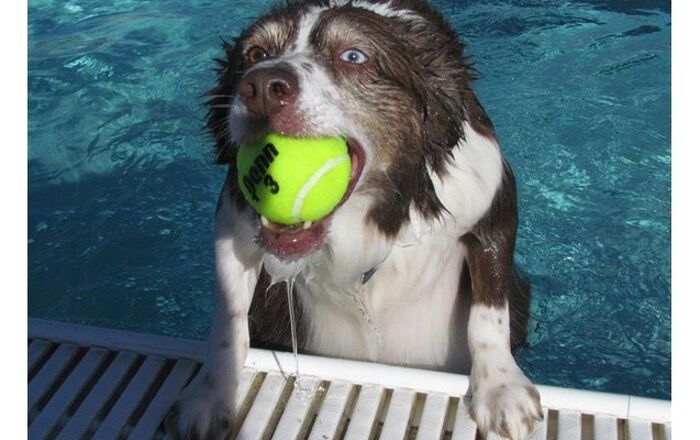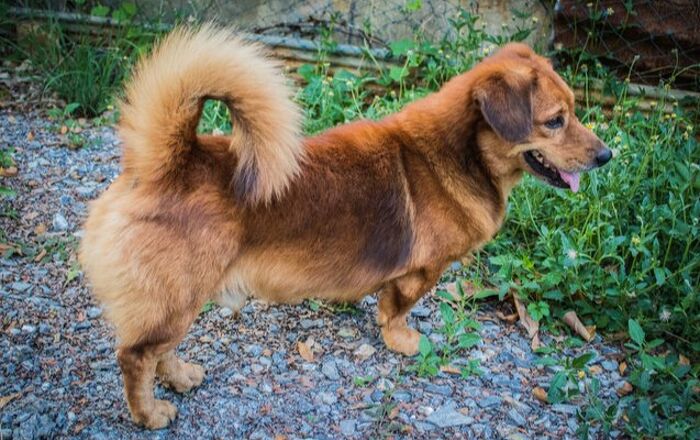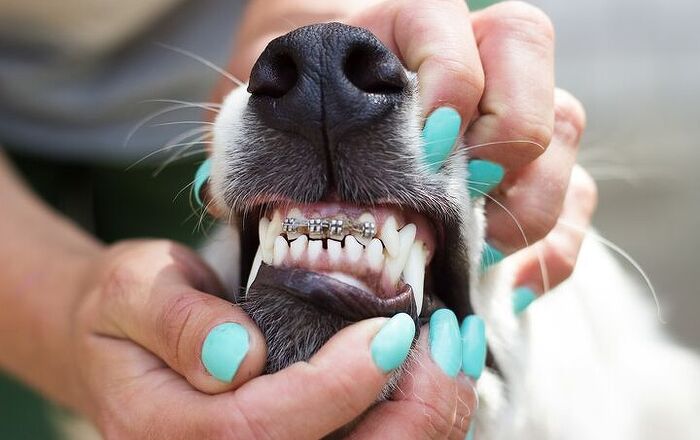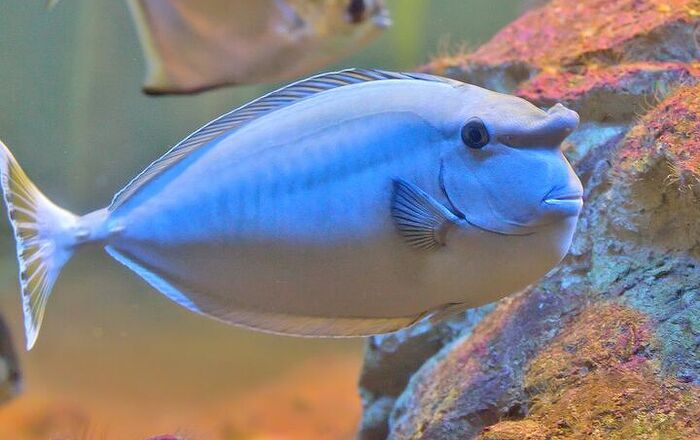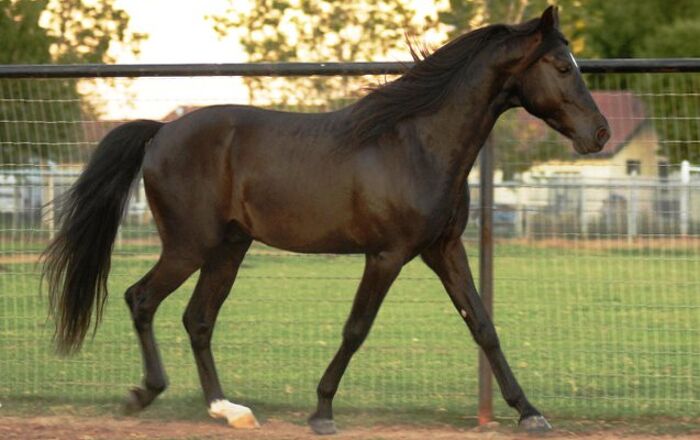
Dog poop can be deadly – especially when it carries Canine Parovirus
When you think about it, knowledge is power… especially when it comes to your dog’s health. And knowing all the important details about Canine Parovirus can help you diagnose, seek treatment and prevent this illness from affecting your dog.
Canine Parovirus is a highly contagious viral disease. It most commonly affects puppies under the age of six months and is one of the most common causes of diarrhea in dogs. The Canine Parovirus attacks rapidly dividing cells in a dog’s body (most commonly the cells found in the intestinal tract). It also goes for white blood cells, which can damage the heart muscle and cause lifelong cardiac problems.
The virus makes its escape out of the infected dog through its stool. In fact, that’s how most dogs pick up this virus. The infected poop makes its way onto a dog’s paws or fur and is ingested when your dog licks itself. It can also come into your home on your shoes or other objects. The virus can live for months, and can be found on food bowls, shoes, clothes, carpet and floors, just waiting to be picked up. And although it can hit dogs of any age, puppies are the most susceptible to it. As for breeds, Doberman Pinschers, Rottweilers, Labrador Retrievers, American Staffordshire Terriers and German Shepherds seem to pick up the infection more easily and experience more severe symptoms.
Canine Parovius has several common symptoms, including severe vomiting, loss of appetite, bloody, foul-smelling diarrhea and lethargy. If diarrhea is serious enough, it can lead to life-threatening dehydration. If your dog exhibits any of the following symptoms, take him to your vet immediately.
Because this is such a serious disease, there are no home remedies. Your dog will need antibiotics, intravenous fluids and other treatments that are only available through a veterinary clinic. And if your dog does have Canine Parovirus, be prepared for a costly bill. He’ll need to stay under a vet’s watchful eye for about five to seven days.
This disease is one tough cookie. It doesn’t want to leave without a fight. Canine Parovirus is an extremely hardy virus that can stand up to most household cleaners. In fact, it can survive outside a host for months. Now that is a determined virus! Good ol’ fashioned bleach is your best bet to get rid of it. Use a 1:32 dilution and leave this solution on the contaminated surface for 20 minutes before rinsing it off.
Because puppies are the most prone to Canine Parovirus, a series of vaccinations starting at eight weeks of age will prevent most cases of infection. A puppy is most susceptible to the virus from six to 20 weeks of age, which is when its natural maternal antibodies levels begin to decline. During this time until the last vaccination at 16 weeks, you should keep your puppy away from other dogs and sources of possible infection. After the initial set of shots, it is recommended that you follow up with a booster a year later, with revaccination every three years.
Has your dog ever had Canine Parovirus? What do you do to protect your dog from the deadly virus? Share your thoughts in the comments section below.
